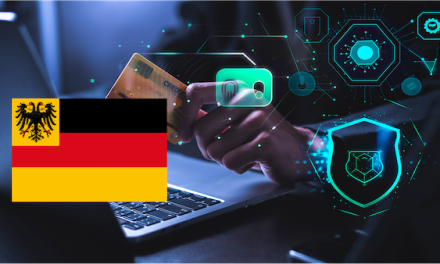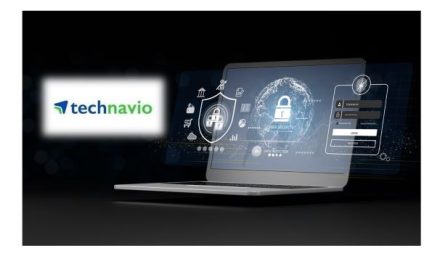A reminder for consumers and home workers to be extra vigilant
As 2020 comes to a close, cybercriminals will continue to leverage the pandemic and changing consumer behaviors to wreak havoc in 2021, according to Experian experts. With December being Identity Theft Prevention and Awareness Month, Experian is offering virtual resources to help consumers protect their personal information.
 “Cybercriminals took advantage and we saw many fresh tricks from phony coronavirus-related charity websites to aggressive hacking of personal networks” said Michael Bruemmer, vice president of Consumer Protection at Experian.
“Cybercriminals took advantage and we saw many fresh tricks from phony coronavirus-related charity websites to aggressive hacking of personal networks” said Michael Bruemmer, vice president of Consumer Protection at Experian.
What to watch out for in 2021
In 2020, Experian serviced more than 5,000 clients with data breach incidents and found more than 4 billion consumer records, an all-time high, on the dark web. These records included credit card numbers, social security numbers, email addresses, phone numbers, medical identification numbers, passport numbers, and national identification numbers. COVID-related scams that may have contributed to the high number of records included fake contract-tracing apps, fraudulent phone calls, phishing attempts and ransomware attacks.
“The sheer volume of consumers who are now working from home and using their own WiFi and devices as well as a general state of distraction due to the pandemic was a formula for cybersecurity disaster,” said Bruemmer. “Cybercriminals took advantage and we saw many fresh tricks from phony coronavirus-related charity websites to aggressive hacking of personal networks.”
Going into the New Year, Bruemmer advises to be on alert for text and email phishing attempts and not to click on any links from unrecognized sources. He adds to be careful when using new technologies such as 5G networks for mobile devices as well as when accessing portals from healthcare providers.
“Criminals have been very active on the dark web, which has led to a 652 percent increase in stolen data found on the dark web since 2019,” said Stack. “Even before COVID-19, there was an increase in consumers’ medical-related information in dark web communities, and I expect a transition from COVID-19 disease-related scams to focusing on the vaccine; consumers may be promised quicker access or even money in exchange for being part of vaccine trials or surveys.”
Steps to protect personal information and accounts
- Get protection software: When working from home, computers should have up-to-date anti-virus and protection software to safeguard from malware and your WiFi should be password protected.
- Check credit reports: It’s important to regularly check your credit reports at each national credit bureau. You can obtain free Experian credit reports at experian.com.
- Mix up passwords: Not only should you create a strong password, but you should have different ones for every account so fraudsters can’t open the door to your accounts with a single key.
- Set up fraud alerts: Many financial institutions offer alerts to tip you off if there is a suspected security breach or if spending on a credit card doesn’t match your habits or recent location. Protection products such as Experian IdentityWorks monitor your credit report and send alerts on activities as well.
 Don’t fall for fakes: Cybercriminals are good at creating phony emails from popular retailers and financial institutions asking you to click on a
Don’t fall for fakes: Cybercriminals are good at creating phony emails from popular retailers and financial institutions asking you to click on a
Source: Experian




























